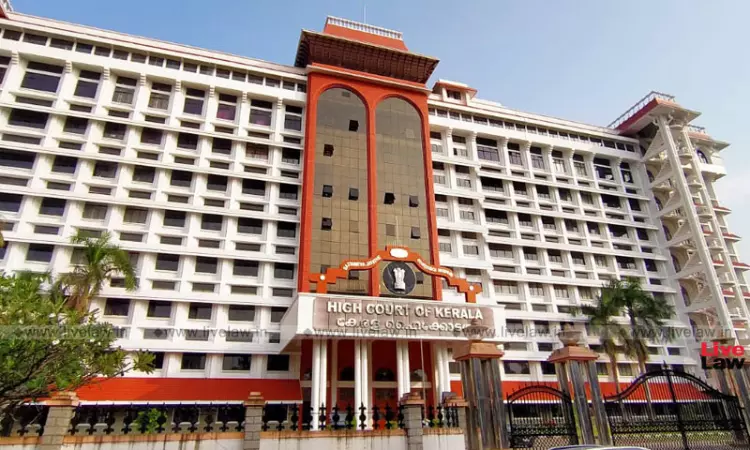Legal Advice Received After Expiry Of Statutory Appeal Period Not Ground To Condone Delay: Kerala High Court
Tellmy Jolly
4 Oct 2023 7:00 PM IST

Next Story
4 Oct 2023 7:00 PM IST
The Kerala High Court while dismissing a rent control revision petition stated that subsequent legal advice given to a party cannot be accepted as a ground for condonation of delay to prefer an appeal.Justice P.B. Suresh Kumar and Justice P.G. Ajithkumar observed that if delay was condoned based on subsequent legal advice received by a party, then that would defeat the purpose of Limitation...
